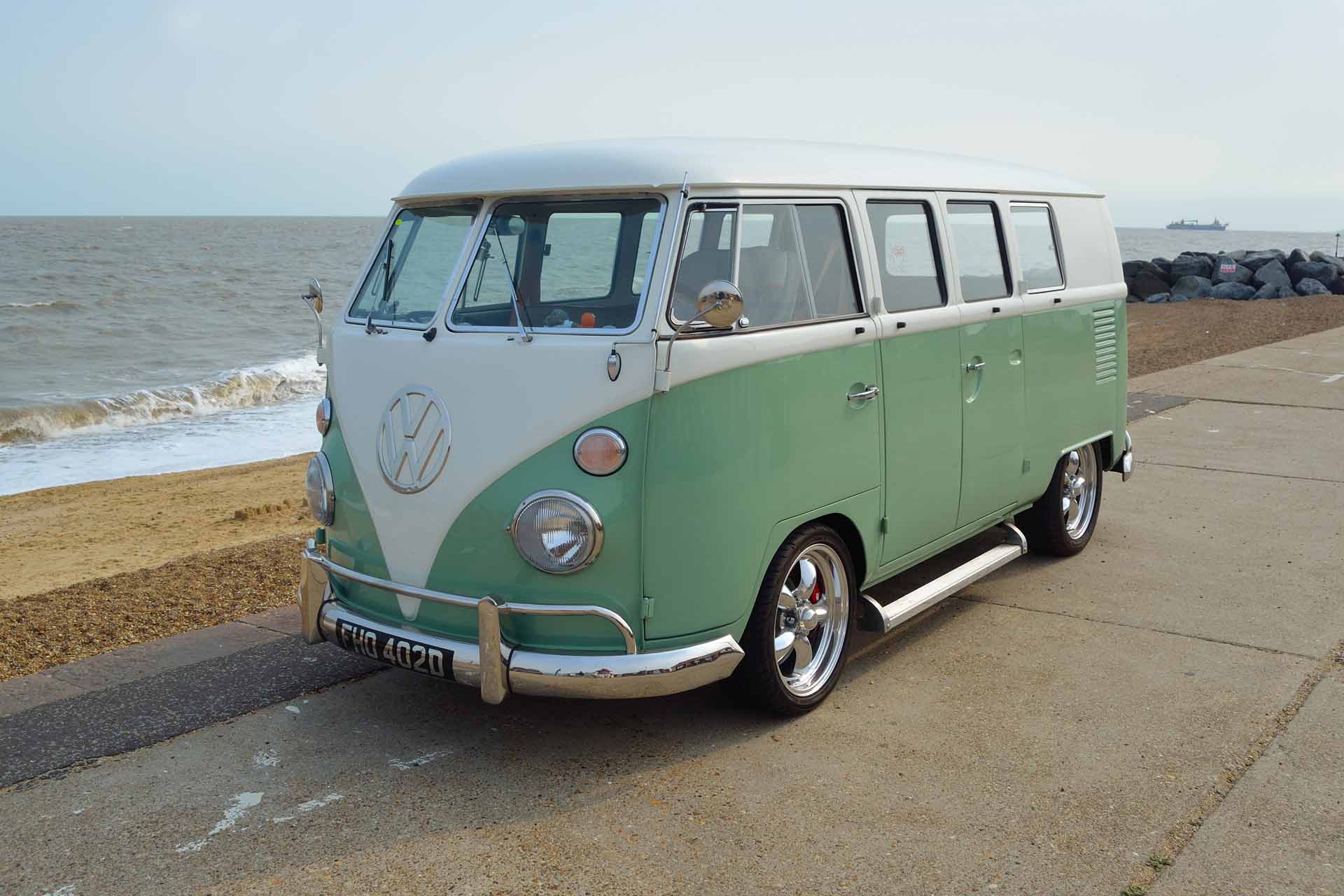Volkswagen has in no way had it easy. As a brand, they have faced large-scale contrition that has had the ability to bring down the entire company. However, somehow they have survived. Unlike a new brand, such as Tesla, VW has a history to back up its claim to fame. Importantly, VW’s distant history is better ammunition now than their recent history. Initially, their greatest growth spurt, i.e., acceptance in the North American market, was based on intelligent fundamentals, rather than on being “cool.”
Having arguably inspired the creative revolution, with a campaign that was based on being sensible, logical, and no-nonsense* the VW brand morphed into a search for what might seem cool to the current crop of car buyer.
So reawakening that initial brand identity is part of the answer today. Understanding what I really consisted of is rare now, yet vital to the brand’s resilience.
The difficulty in establishing legacy brands in the digital world is a point well taken, especially in car sales. The World Wide Web has made comparison-shopping so much easier, that it has revised the dealers’ role in the sales process. This is why, however, VW indeed has a shot; because it’s legacy brand was established in every dimension before digital. This won’t matter if they misunderstand what really composed that legacy brand.
Since the dealers continue to have a role, and in fact, are front-and-center in this comeback, their unique local position could be leveraged to change the face of VW. Instead of distant and crooked, VW becomes local and well meaning through proper use of the dealer network.**
The reason deception doesn’t kill the VW brand in this case is that unlike famous spokesperson implosions in the cases of Jared Fogle (Subway) and Lance Armstrong (Livestrong), there is no particular human face to this deception. It’s not news to anyone that corporations can get out of control. This is another reason that the face of the local VW dealers is such an important part of the answer in this case.
In short, the VW brand has enough to back it up, to allow the company to see another day in the face of small crises. We’ll be able to see in the near future how they choose to handle that small success.
*The team from Doyle, Dane and Bernach who visited the factory at Wolfsburg in the earliest days of developing “Think Small” came out saying “Wow, those people are careful;” rather than, “Gee, this company’s cool.”
**At the very beginning of the auto industry, Henry Ford elected to recruit prominent local citizens to retail his cars. Yes, this was less capital intensive than owned-and-operated dealerships would have been. But Ford’s primary reason was to overcome a hesitance we can’t recall today. The automobile was unproven and troublesome in many ways. A trusted local face was needed to sell it to the consumer. This would be a god thing for VW to recall now.






